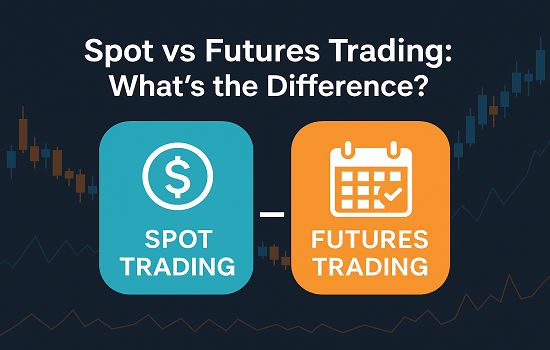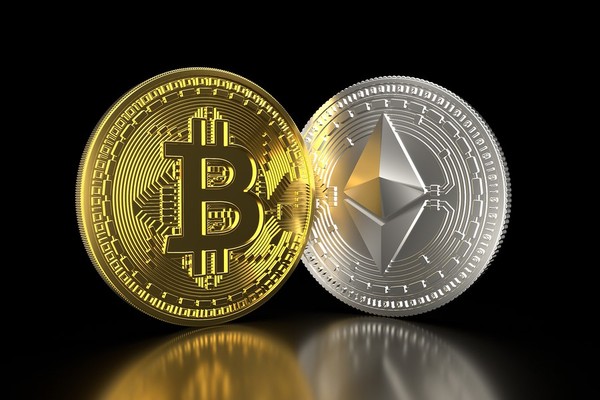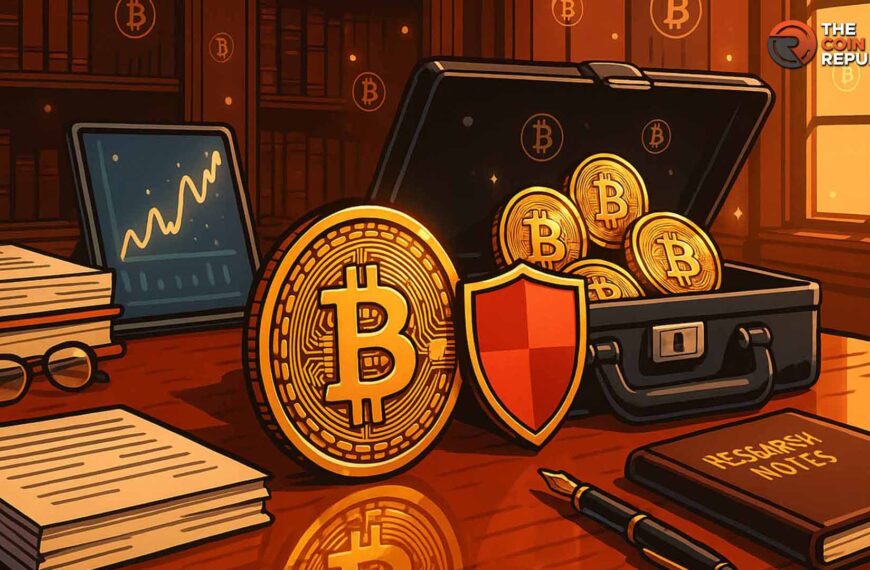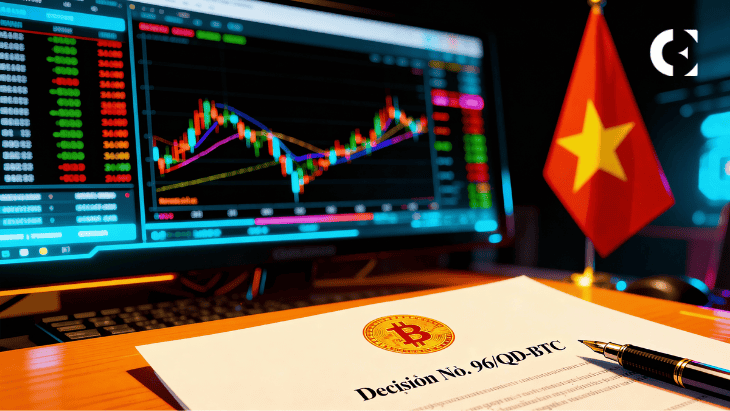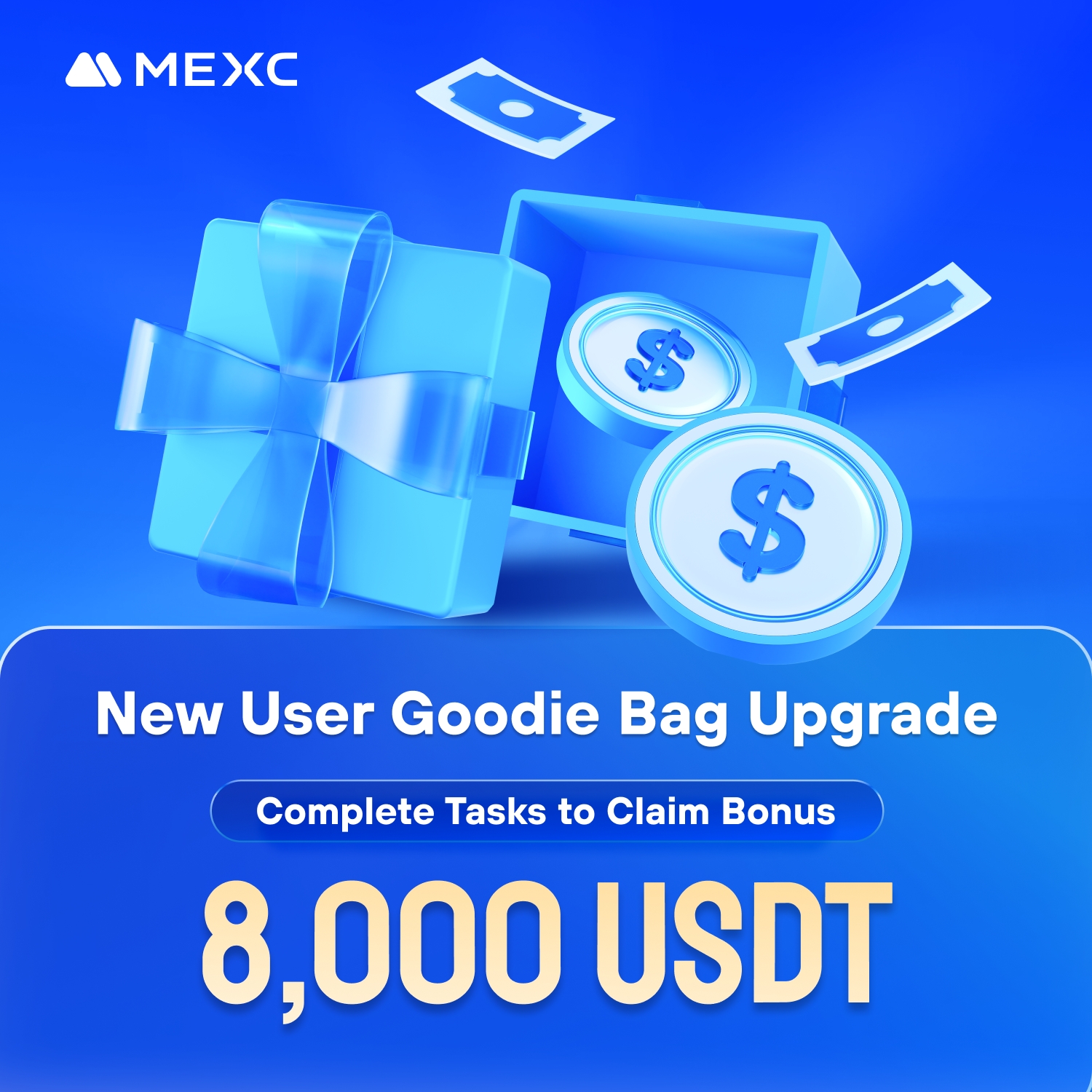When diving into the world of financial markets, one of the first choices traders face is whether to engage in spot trading or futures trading. Both markets offer unique opportunities and risks, and understanding the differences is essential for anyone looking to invest or trade effectively.
In this blog post, we’ll break down spot vs futures trading, explore their key differences, and help you determine which might be best suited for your trading goals.
What Is Spot Trading?
Spot trading involves buying or selling a financial instrument—such as a cryptocurrency, stock, or commodity—for immediate delivery. In simpler terms, when you execute a trade on the spot market, ownership is transferred instantly (or within T+2 days in some cases, depending on the asset and exchange).
Key Features of Spot Trading:
- Immediate Settlement: The transaction occurs “on the spot.”
- Real Asset Ownership: You actually own the asset (e.g., Bitcoin, gold, stock).
- No Expiry Dates: There’s no contract maturity or rollover.
- Simple and Transparent: Ideal for beginners due to its straightforward nature.
What Is Futures Trading?
Futures trading involves a contract to buy or sell an asset at a predetermined price on a specified date in the future. You’re not directly buying the asset; you’re entering an agreement based on its future value.
Key Features of Futures Trading:
- Leverage: Traders can control large positions with relatively small capital.
- No Asset Ownership: You’re speculating on price movements, not owning the asset.
- Expiry Dates: Futures contracts come with expiration dates and can require rolling over.
- Hedging Tool: Widely used for hedging against price volatility.
Spot vs Futures Trading: A Side-by-Side Comparison
| Feature | Spot Trading | Futures Trading |
|---|---|---|
| Asset Ownership | Yes | No (only contract exposure) |
| Leverage | Rare (varies by exchange) | Common (high leverage available) |
| Expiry Date | No | Yes |
| Best For | Beginners, Long-term Investors | Advanced Traders, Hedgers, Speculators |
| Market Volatility | Lower risk, limited rewards | Higher risk, potential for high rewards |
| Settlement Time | Immediate or T+2 | At contract expiration or closeout |
Which One Should You Choose?
Choosing between spot and futures trading depends on your goals, experience level, and risk tolerance.
Choose Spot Trading if:
- You prefer owning the underlying asset.
- You’re looking for a long-term investment strategy.
- You’re new to trading and want a simpler approach.
Choose Futures Trading if:
- You want to trade with leverage.
- You’re comfortable with short-term speculation and managing higher risk.
- You aim to hedge other investments or take advantage of volatility.
Pros and Cons
✅ Pros of Spot Trading:
- Direct asset ownership
- Simplicity and transparency
- Lower risk exposure
❌ Cons of Spot Trading:
- No leverage (slower gains)
- Limited to market rises (harder to profit in downtrends)
✅ Pros of Futures Trading:
- Potential for high returns with leverage
- Ability to short-sell
- Effective for hedging and speculation
❌ Cons of Futures Trading:
- Higher risk of liquidation
- Complex margin requirements
- Learning curve for beginners
Final Thoughts
Both spot and futures trading have distinct advantages depending on your strategy, capital, and market knowledge. Spot trading is excellent for straightforward investing and long-term growth, while futures trading offers powerful tools for speculation and hedging—with greater risk.
Before diving in, always consider your risk management strategy, stay informed with market trends, and choose the right trading platform that supports both spot and futures markets.
Frequently Asked Questions (FAQs)
1. Can I lose more money than I invest in futures trading?
Yes. Due to leverage and margin calls, it’s possible to lose more than your initial investment in futures trading.
2. Is spot trading safer than futures trading?
Generally, yes. Spot trading involves less risk because you’re not using leverage and you own the asset.
3. Do I need a special account for futures trading?
Most brokers and exchanges require a margin account and approval to trade futures.







































